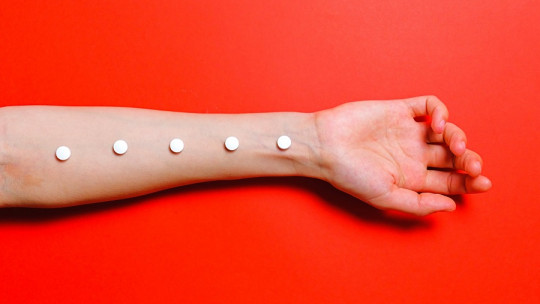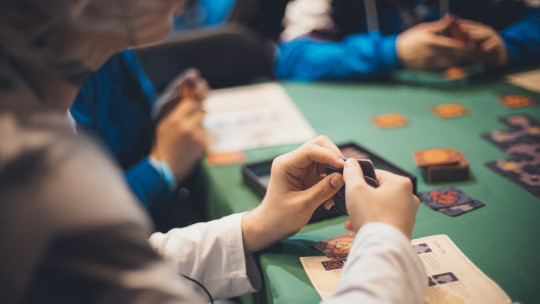
Addictions are, by their very nature, diseases that progressively reduce the control that the person who suffers from them has over their life. That is why acting as soon as possible is essential to overcome this type of pathology; The more time passes since its appearance, the more difficult it is to get out of that vicious circle of dependence and relapses. And this is also why it is key to be able to identify the presence of this alteration in the people with whom we interact on a daily basis, so that, to the best of our ability, we can help them.
So, let’s take a look at those warning signs that help detect addictions in those we usually encounter on a daily basis (or with whom we live).
The keys to detecting that someone around us is an addict
Although the diagnosis can only be made by health professionals, it is good that we are alert to the possibility that a friend, family member or colleague expresses the typical warning signs associated with addictions, so that we can give them support and facilitate the process of going to therapy and/or continuing with the treatment objectives if you have already started it

Therefore, here you will find a brief summary of the factors that help detect addictive disorders and that serve as approximate references when it comes to understanding how these pathologies work. Now, they must be taken into account as a whole, and the fact that one or two occur does not mean that there are many possibilities that we are facing an addiction.
1. Tendency towards social isolation
As addictive disorders cause the person to prioritize carrying out the addictive experience (for example, drinking alcohol or gambling), the person loses contact with their friends or even their family, and dedicates more time to people in the social circle linked to drugs and addictions in general.
In the same way, relations are also getting worse qualitatively, given that in some cases addicted people go so far as to lie or steal money in order to continue with their lifestyle. This means that in a relatively short time they find themselves alone in life, something that from their point of view gives more reasons not to try to overcome the addiction, noticing that no one supports them.
2. Mood swings and irritability
Abstinence generates a greater predisposition to be irritable due to general discomfort and high levels of stress; thus, the person “jumps at the minimum” against any unforeseen or possible misunderstanding or interference in their activities, and this is something that did not happen before.
Likewise, anything that can be interpreted as an obstacle to continuing to reproduce the addictive disorder (for example, the family plan to go on vacation to a place where alcohol or other drugs are not easily available) becomes considered a nuisance, something that produces frustration and facilitates the emergence of arguments.
3. Tendency to have a disorganized sleep schedule
Addictions often greatly interfere with the ability to sleep well, causing cases of insomnia and/or going to sleep too late (for example, being left alone doing drugs while the rest of the family sleeps). In addition, sleep is of poorer quality and the person with addiction wakes up tired or with the feeling that they need to stay in bed longer than would be normal.
4. Trouble concentrating
Addictions cause the person to suffer discomfort and stress very frequently, and the psychological wear and tear that this generates makes it difficult to concentrate at work, performing household tasks, etc.
5. Greater predisposition to suffer skin problems
The skin is one of the organs in which the effects of addiction are first reflected It is common for skin rashes, acne pimples, or irritations to appear in oily areas or areas where sweat tends to accumulate. Furthermore, when addiction becomes established, people tend to maintain fewer personal hygiene measures, so dead skin accumulates more and causes itching and redness of the skin.
6. Abandonment of hobbies
The lifestyle of the person who has developed an addiction becomes increasingly poorer to give absolute priority to drug consumption or the performance of the behavior on which one is dependent. Therefore, another of the warning signs associated with this disease is the abandonment of all hobbies that require more or less time and effort: go running, play basketball, learn languages…
Are you looking for addiction treatment?
If you are looking for detoxification and treatment services for people who have developed an addictive disorder (with or without substance use), we invite you to contact our team of professionals.
In Seville Addiction Center We specialize in helping these types of patients, either through outpatient care or through treatment through admission to our residential module, and we also offer remote therapy through video calls. You will find us in Mairena del Aljarafe.








